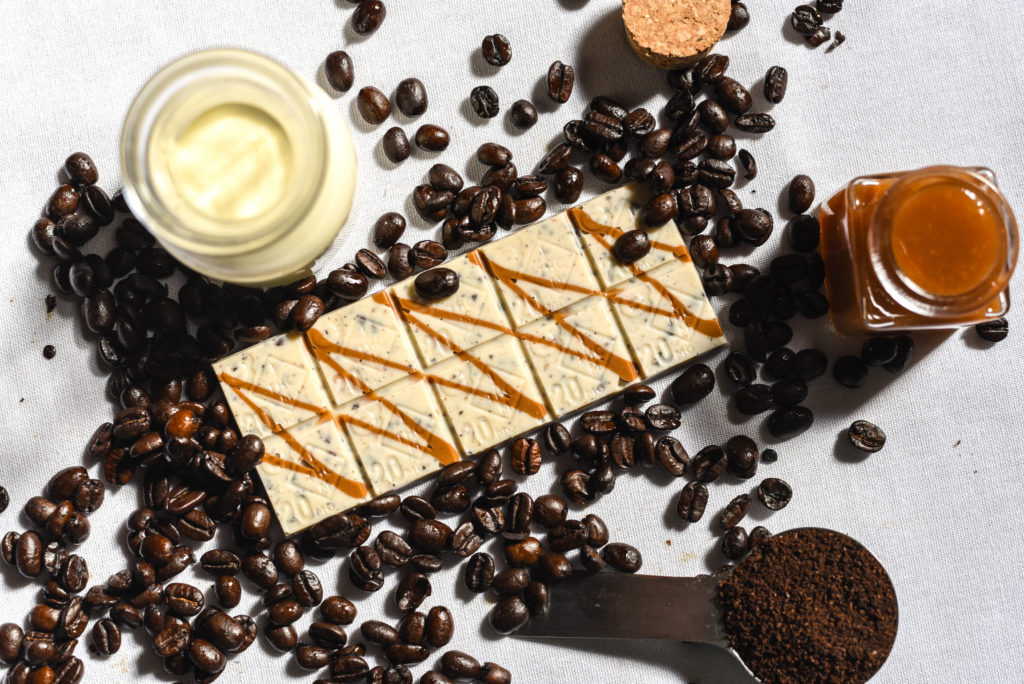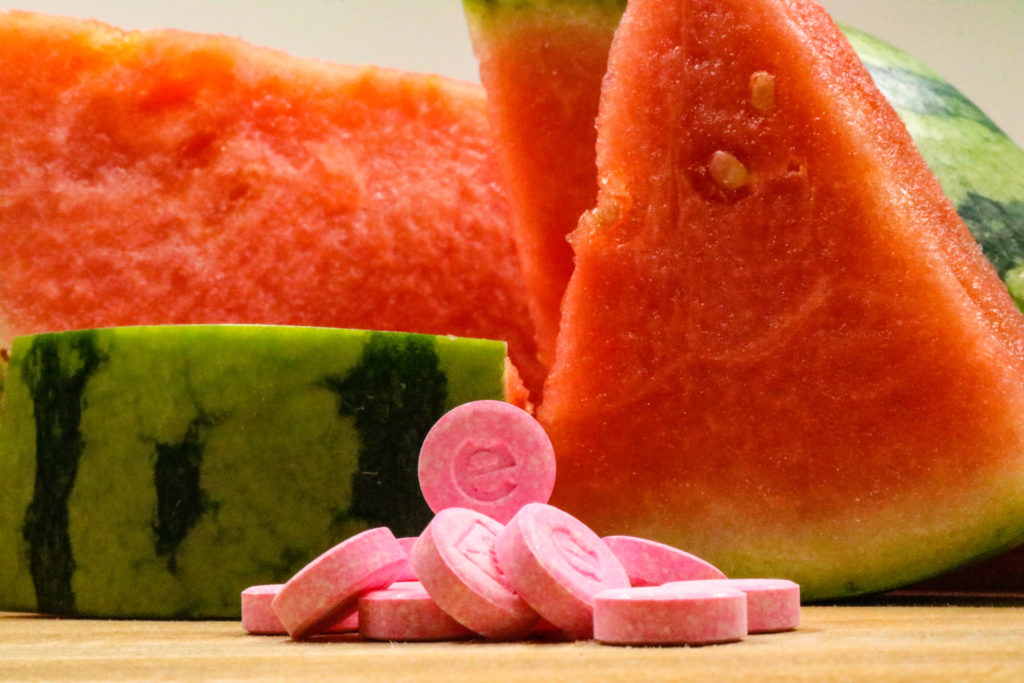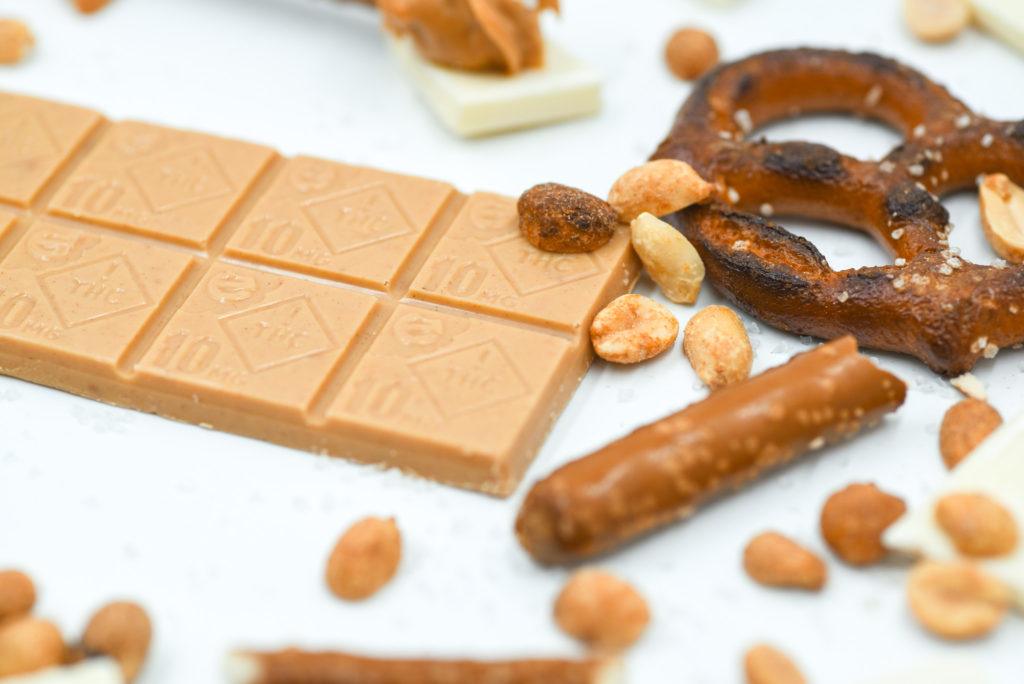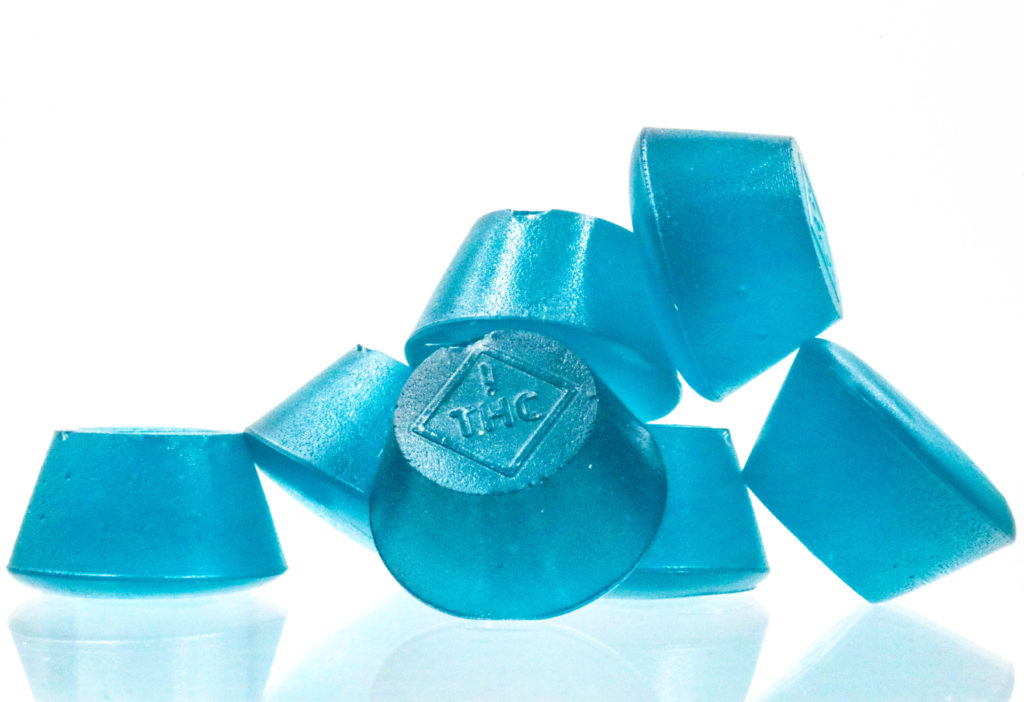Cannabis Edibles and Drink Review had the opportunity to learn from Bob Eschino, co-founder of Medically Correct about his history in the cannabis industry and his exciting brands.
CEDR: Could you please share a little background on you and how you ended up in the cannabis space?
Bob: I used to own a packaging distribution company. We worked with all kinds of manufacturers across the state of Colorado and the surrounding areas. Rick Scarpello, my partner now was a customer of mine at the time. We were always talking about some sort of side business that we could do, and most of our conversations revolved around food, because he ran one of the largest bakeries here in Colorado.
Around the same time in 2009, I watched my brother who was working in the cannabis space. Obviously, it was a different time back in 2009. There were no rules or real regulations in place yet. He was helping with some trim houses and had access to trim and started infusing cookies for my grandmother.
And that’s how it started. I watched cannabis work for my grandmother and help with her pain, her appetite, her sleep and her attitude towards the end of her life. And as I’m watching this happening in real time, I’m like, holy shit, that’s what I want to do. Cannabis is medicine and I’m watching it work.
I approached Rick and asked if we make could make edibles at his bakery. At first, he was like, “no”. He thought I was crazy. He eventually met my grandmother and saw what it was doing for her. Neither one of us were afraid of cannabis or anti-cannabis. It was just nothing that he ever really thought about, especially making the decision to start selling a federally illegal product. It’s not something that comes naturally.
Our original business plan called for us making 150 products a week. So, we figured that if we can make and sell them every week, it would be a nice little side business. And then House bill 1284 came out here in Colorado, which was, I believe, the country’s first framework for rules. Now we actually had state sanctioned rules to sell cannabis. So, we pulled the trigger and filled out our application, which was very, very intrusive and probably one of the scariest things I’ve ever done.
CEDR: What made it so scary?
Bob: The application required a lot of information. You voluntarily gave your fingerprints. You told them where your tattoos were. You told them where your scars were. You told them where you made every dollar that you have ever made. You had to prove to them that you weren’t a drug dealer. That’s basically what it was. We ended up with a license and marched down to the bank to get a bank account and get a loan and we’re laughed out of the bank.
CEDR: What happened next?
Bob: We went to try to find a space, like a closed down sandwich shop or something where we could start manufacturing products and were laughed out of every building that we tried to rent. Ten years later, we still struggle with banking and finding places to operate. So those were the first hurdles we had in this industry, and largely, they are the problems we still have today, which is interesting. But we’ve definitely learned to work around those issues.
CEDR: What’s your capacity today?
Bob: I think our Medically Correct kitchen can do 7000 bars a day and 63,000 gummies a day.
CEDR: Is everything made in Colorado?
Bob: Yes. Everything today is sold exclusively in Colorado from our manufacturing facility.
CEDR: Do you have other brands?
Bob: We manufacture a new brand that’s launching this week called Quiq, which is fast acting technology. So, we’ve got a line of products with faster and fuller absorption tech. There’s a cannabis chocolate. There is a gummy. There’s a tincture, a topical and a suppository under that line.
Our new luxury cannabis chocolate, Nove’, is going to be launching here by the end of summer. We’ve had some issues getting the equipment over here from Italy and then COVID hit. Nove’ was supposed to be out a few months ago. So right now, the hopes are, and the thought is we launch sometime in August.
CEDR: How will Nove’ differ from your other cannabis chocolates?
Bob: This is more artisan cannabis chocolate. It’s single sourced. My guys have found a farm somewhere down in South America where we’re dealing directly with the farm and the processors. These will be filled cannabis chocolates, so different than a lot of the things that are on the market right now. They will be filled with either peanut butter, caramel, hazelnut or cappuccino.
CEDR: Do you differentiate your products as being Indica, Sativa or Hybrid?
Bob: We battled that marketing aspect for a long time. Once you activate your oil, when you cook off the terpenes, most of those Indica and Sativa effects are gone. You’re really just left with the cannabinoid profile. For years, people told us that we needed to do an Indica and a Sativa, but it’s not real.
That being said, we figured out a way that we can make it as real as it can be. We are confident that we can stand behind what we’re doing to make it a true Indica or Sativa product. We’re doing some things post-processing that we believe provide a true representation for an Indica or a Sativa product
We used to get in trouble 10 years ago because our edibles tasted too good. So, people said, oh, there’s no cannabis in here because I can’t even taste it and they over-consumed. We got really good at making very clean oil. Clean oil allowed us to do a lot of things with flavor profiles that other manufacturers weren’t doing. That was kind of a negative in some people’s eyes because if you couldn’t taste the cannabis, you were getting ripped off.
We had to counteract that by showing them test results. We’ve tested everything from day one. We came out of the gate testing our oil. We came out of the gate testing our finished goods. Nobody else was doing it 10 years ago.
So, a lot of the things that are going on in Colorado and across the country came out of our kitchen. We were the first people to mark and stamp our products. We were one of the first companies to be putting nutritional facts on our products and be talking about activated milligrams of THC.
CEDR: What are your bestselling bars?
Bob: The top three or four can rotate around in any given month between the Boulder Bar, Mile High Mint and Peanut Budda Buddha. Those are definitely some of our most popular flavors.
CEDR: What’s on your mind lately in terms of federal regulations?
Bob: What I’m hoping for are some sort of federal guidelines that will make it easier as brands and companies expand nationwide and internationally. That’s been really one of the most difficult things I’ve done over the last several years is trying to take the brand national. Every state has different rules, different regulations, everything about it is different. And you’ve got to recreate the wheel in every state. We’re building 35 separate industries.
CEDR: Thanks Bob Eschino! We look forward to an update down the road on your exciting brands and growth.




